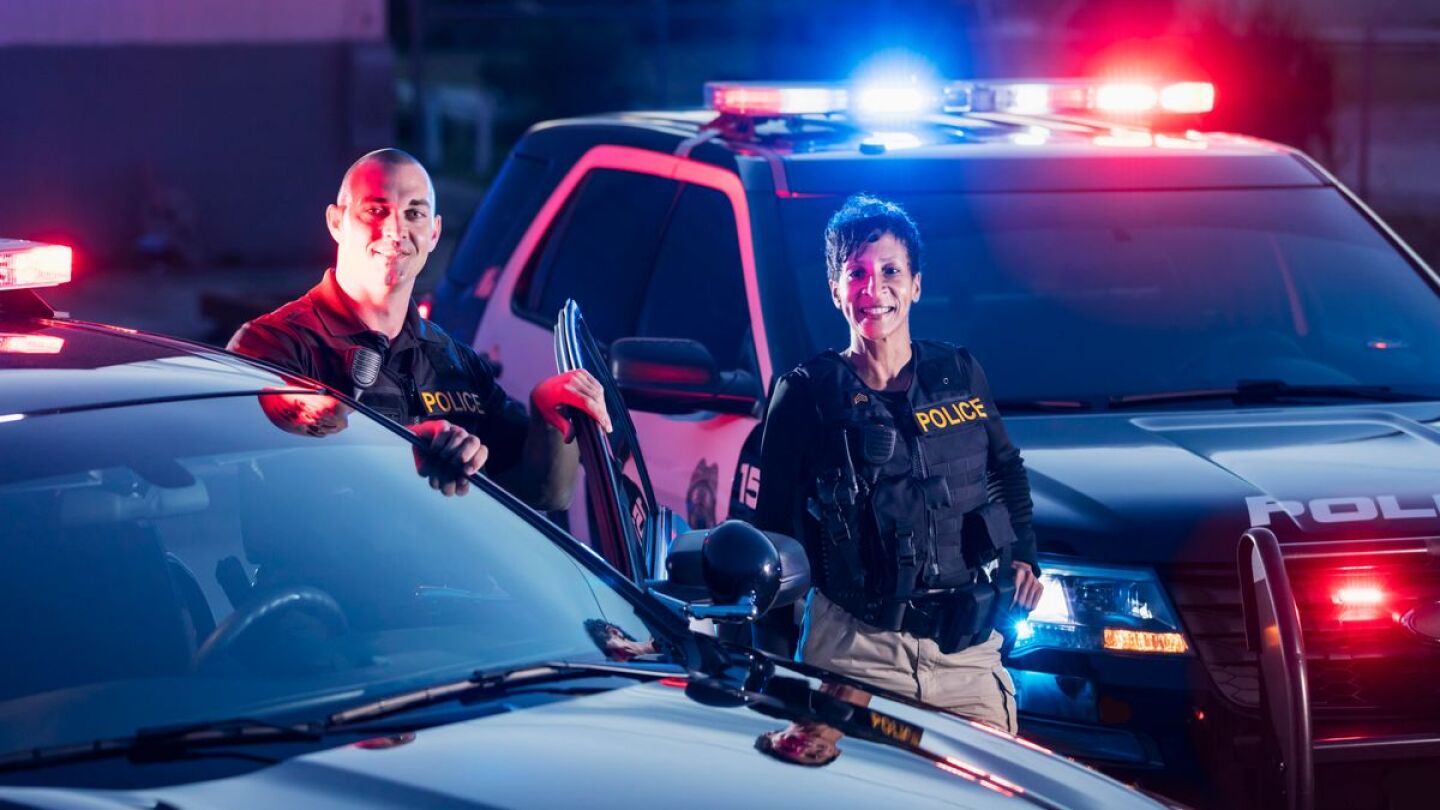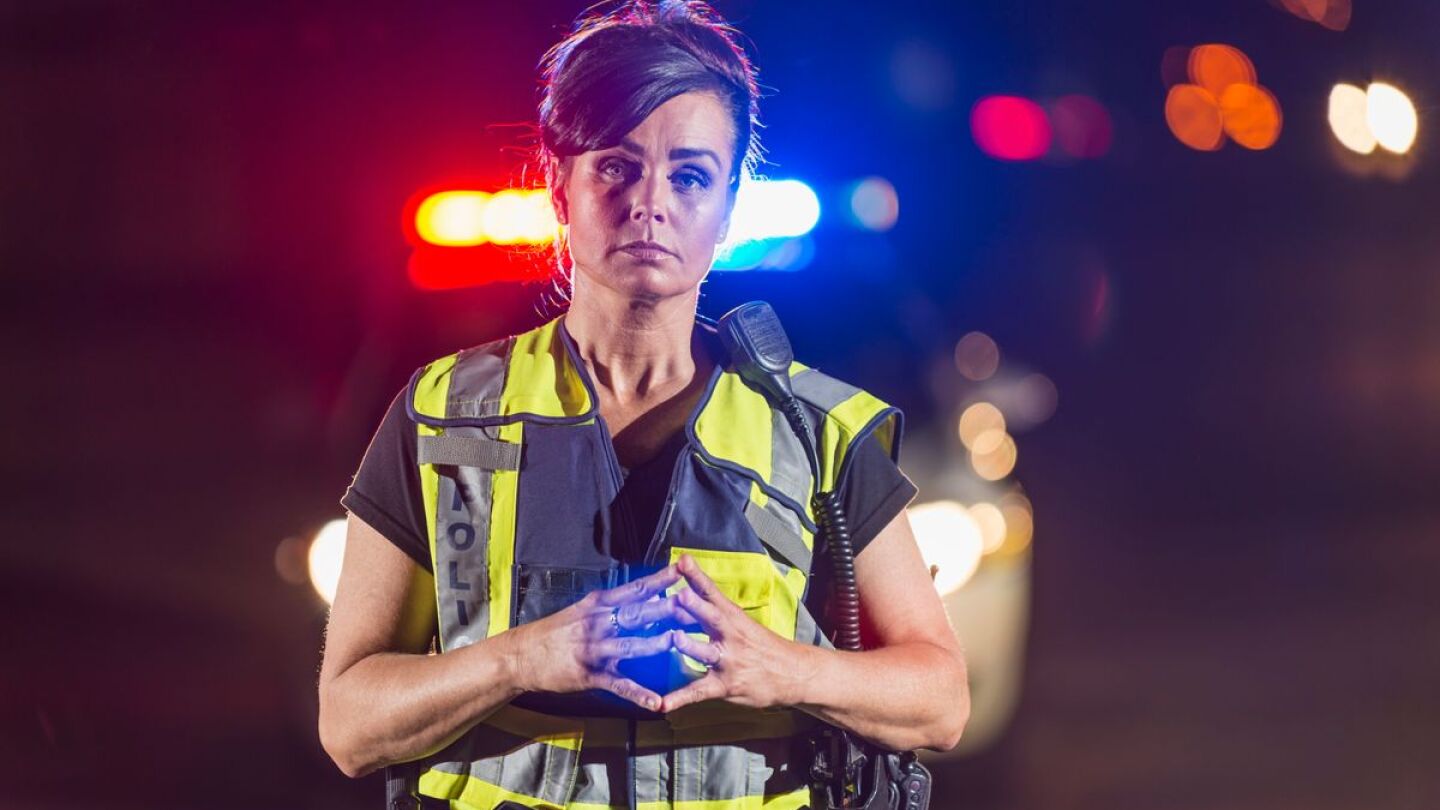Leadership
Nearly half of officers say their safety is frequently or always compromised due to understaffing — and they’re feeling the strain
It only takes one ethically flawed decision to devastate your personal life and police career
At 32, I took the chief’s job. Here’s how I’m building trust, embracing change and leading with purpose
Public safety personnel generally come to the job with strong ethics and values, but supervisory ethics adds a different dimension
When you use the active supervision skill of scheduling, you take all the decisions you made regarding time management and add it to your calendaring system
Supervisors want to be understanding of their employees’ concerns, but there is always work to be done and goals to be met. However, those two objectives need not be mutually exclusive
“Culture will eat policy all day long if you don’t train constantly on the demand for personal accountability both within yourself and your fellow officers.”
The duty to intercede in law enforcement has legal roots, but we must go further, instilling it as a core organizational value
Raters are looking for you to connect the dots between your current and past assignments to the next promotional role so you stand out from crowd
In this eBook, we explore the scope of the epidemic by looking at the evolving tactics of law enforcement response to the opioid crisis
Leading with empathy will result in happier, more productive officers
To be an effective supervisor, you will need to become an expert at managing your time
Discipline is a necessary component of supervision; here are some tips for disciplining public safety employees fairly and effectively
A Q&A with Richland County Sheriff Leon Lott on recent national and state honors
IMPD is using bodycam videos not only to increase police transparency but also build support for officers
Throughout an officer’s career, they are asked: “Why do you want to be a cop?”
While important for employee development, performance evaluations are only as good as the effort put forth to create them
Where’s the scenario-based training for the REAL stresses of the job?
It’s impossible to eliminate the stressors that plague us, but we can increase our stress-coping abilities and institute a personal action plan for wellness
The active supervision skill of inspiration helps you give your followers purpose and provide them with motivation to persevere under challenging circumstances
A new teaching tool conceptualized by an industrious young sergeant might be just what policing needs
The active supervision skill of innovation involves using critical thinking and problem solving to come up with ways of doing things better
As a leader, you are creating a partnership with your people, for your people, for their health and wellness
Our experts offer insider tips and valuable insight to make your testing performance competitive and successful
Van Buren union leaders said they oppose the policy and estimate 20% of the township’s police and fire officials might quit as a result
How to hone tactical athletic prowess, develop specialized skills, embrace teamwork and shine in the spotlight
Morale retention is just as essential as weapon retention for you, other officers and your community
Focus your cybersecurity investment on initiatives that create more effort for the attacker
These tips will help your department successfully conduct a community review board on police policy to build trust and enhance safety
The active supervision skill of problem-solving involves a series of steps that forces you to go beyond the first solution that comes to mind
If working to serve others can fuel the fire inside and truly fulfill you, then you’ve heard the call
In the high-risk, high-demand profession of public safety, the importance of caring about your personnel is key to effective leadership
Our expert panel discusses officers’ opinions on critical issues currently impacting law enforcement including the criminal justice reforms that officers support and police officer job satisfaction levels
MOST POPULAR
- Leadership development series: Mastering delegation to empower your team
- Ga. city fires police chief, suspends nearly entire police force due to ongoing investigation
- Enhancing recruitment and retention: Employee child care for law enforcement agencies
- Preparing your peer support team for civil unrest
- Uncovering shocking statistics, trends in Police1’s ‘What Cops Want in 2024' survey



























